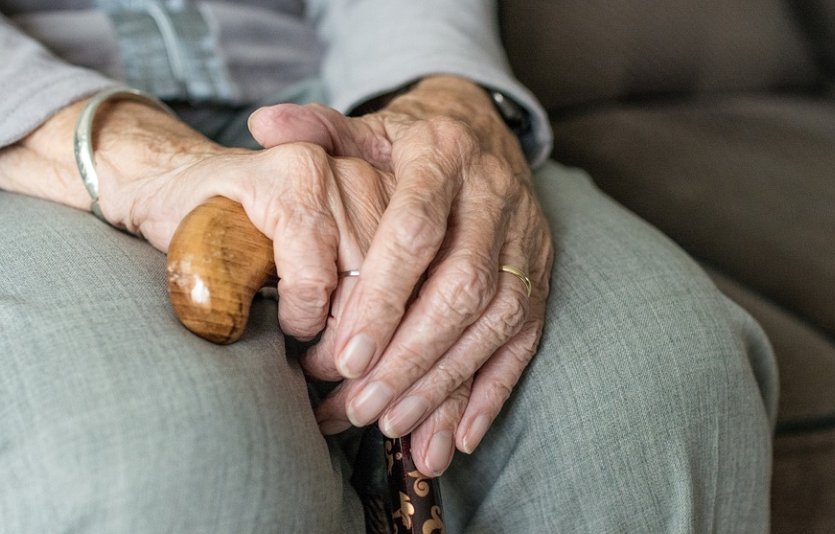Exploring the Dynamic Leisure Culture of Swedish Elders – Senior-Friendly Local Events
Sweden’s population is aging at an unprecedented rate.
According to the Swedish National Board of Health and Welfare, the share of people aged over 65 years has increased from 15% in 2010 to 21% in 2020.
This shift is altering the country’s social fabric as a whole, including leisure and recreational activities.
Older adults are a growing market that is becoming increasingly important for local authorities and event organizers to consider.
Therefore, creating senior-friendly local events has become a crucial aspect of the leisure sector.
In this blog, we will explore the dynamic leisure culture of Swedish elders and how local events can cater to their specific needs.
The Importance of Senior-Friendly Local Events
As the population continues to age, the demand for senior-friendly local events will be highly significant.
Elderly people need to have opportunities to socialize, stay active, and feel included in society.
This trend also challenges the common stereotype that older people do not leave their homes or participate in leisure activities.
In fact, many older adults are seeking to participate in a wide range of activities, such as social gatherings, sports, and cultural events.
Moreover, local events can boost business and tourism, contributing to the economic growth of the community.
Creating Senior-Friendly Events
To create senior-friendly events, it is necessary to keep in mind some key elements.
Firstly, the location of the event should ideally be accessible, with adequate parking and nearby public transport. It is important to ensure that the event is held in a safe and comfortable environment, free from hazards and obstacles.
Additionally, local events should offer seniors a range of activities and interests, which can involve both indoor and outdoor activities, such as concerts, art galleries,
local markets or sports events. The events can also incorporate interactive sessions targeted for the elderly, such as cooking classes, board games, and dance lessons.
Another important factor to consider is to have an event organizer that undertakes specific measures to communicate with older adults, such as providing clear and accessible information about the event, timings, and transport arrangements.
Benefits of Senior-Friendly Events
Bringing senior-friendly events to the forefront of the leisure culture has many benefits, such as providing older adults with opportunities to remain active, healthy and engaged in their communities.
Studies have shown that participation in social activities has a positive impact on older adults’ overall health and wellbeing.
Additionally, local events can bring together different age groups and strengthen intergenerational ties, bridging the gap between generations and sharing experiences.
Conclusion
In conclusion, Sweden’s aging population requires specific attention in regards to leisure and recreational activities.
Creating senior-friendly local events has become essential, not only for the elderly but also for the entire community.
Through offering an inclusive and accessible environment, senior-friendly events can contribute to the overall health and wellbeing of older adults, reduce social isolation, and promote social integration.
The leisure sector should acknowledge that older people are a growing market, and as such, tailor events to their specific needs.
These measures can create opportunities for both the elderly and younger generations to engage and collectively participate in recreational activities, thus creating a dynamic leisure culture for all ages.





